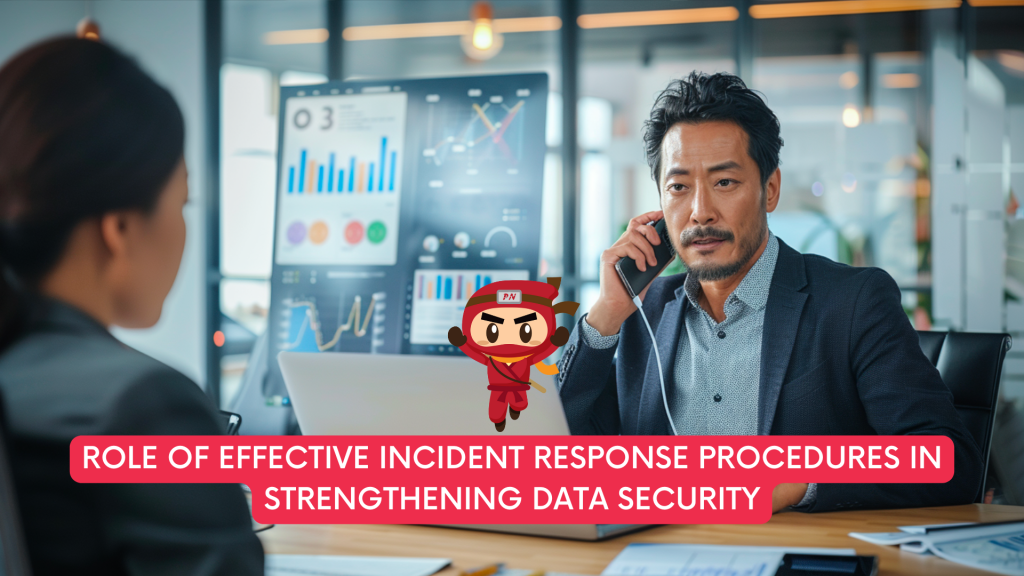
Where the volume and sophistication of cyber threats continue to escalate, safeguarding personal data has never been more critical. Effective incident response procedures play a pivotal role in promptly detecting and mitigating security incidents, thereby minimizing the impact on personal data. In this article, we delve into the importance of robust incident response protocols and outline key steps organizations can take to enhance their data security posture.
“Effective incident response procedures are instrumental in promptly detecting and mitigating security incidents, thereby minimizing the impact on personal data.”
These words encapsulate the essence of incident response in modern cybersecurity practices. An incident response plan serves as a structured approach for identifying, assessing, and responding to security incidents. Whether it’s a data breach, malware infection, or unauthorized access attempt, having well-defined procedures in place enables organizations to swiftly contain the threat and mitigate potential damage to personal data.
The timely and effective handling of security incidents is paramount for protecting personal data. Here’s how robust incident response procedures contribute to this goal:
Implementing robust incident response procedures requires a structured approach encompassing the following components:
In an era characterized by escalating cyber threats and stringent data protection regulations, effective incident response procedures are indispensable for safeguarding personal data. By promptly detecting and mitigating security incidents, organizations can minimize the impact on individuals’ privacy, preserve trust, and mitigate the potential consequences of data breaches. Investing in robust incident response capabilities not only strengthens data security but also demonstrates a commitment to protecting the confidentiality, integrity, and availability of personal data in an increasingly interconnected world.
Your appointed DPO can work with you on your PDPA compliance, ensuring that there will be policies in place to make sure that the handling of personal data is PDPA compliant.
A Data Protection Officer (DPO) oversees data protection responsibilities and ensures that organisations comply with the Personal Data Protection Act (PDPA). Furthermore, every Organisation’s DPO should be able to curb any instances of PDPA noncompliance as it is the officer responsible for maintaining the positive posture of an organisation’s cybersecurity.
DPOs complement organisations’ efforts to ensure that the organisation’s methods of collecting personal data comply with the PDPA. It also ensures that policies are set in place to make sure that there will be no instances of data breaches in the future.
Don’t wait any longer to ensure your organisation is PDPA compliant. Take our free 3-minute PDPA Compliance Self-audit checklist now, the same “secret weapon” used by our clients to keep them on track. Upon completion, we will send you the results so you can take the necessary action to protect your customers’ data. Complete the free assessment checklist today and take the first step towards protecting your customers’ personal data.
Role of Enhanced Access Controls in Safeguarding Personal Data in Telecommunications that every Organisation in…
Crucial Role of Regular Vulnerability Scanning that every Organisation in Singapore should know. Strengthening Your…
Enhancing Data Security with Multi-Factor Authentication that every Organisation in Singapore should know. Enhancing Data…
Strong Password Policy as a first line of defense against data breaches for Organisations in…
Importance of Efficient Access Controls that every Organisation in Singapore should take note of. Enhancing…
Prioritizing Security Measures When Launching a Webpage That Every Organisation in Singapore should take note…
This website uses cookies.